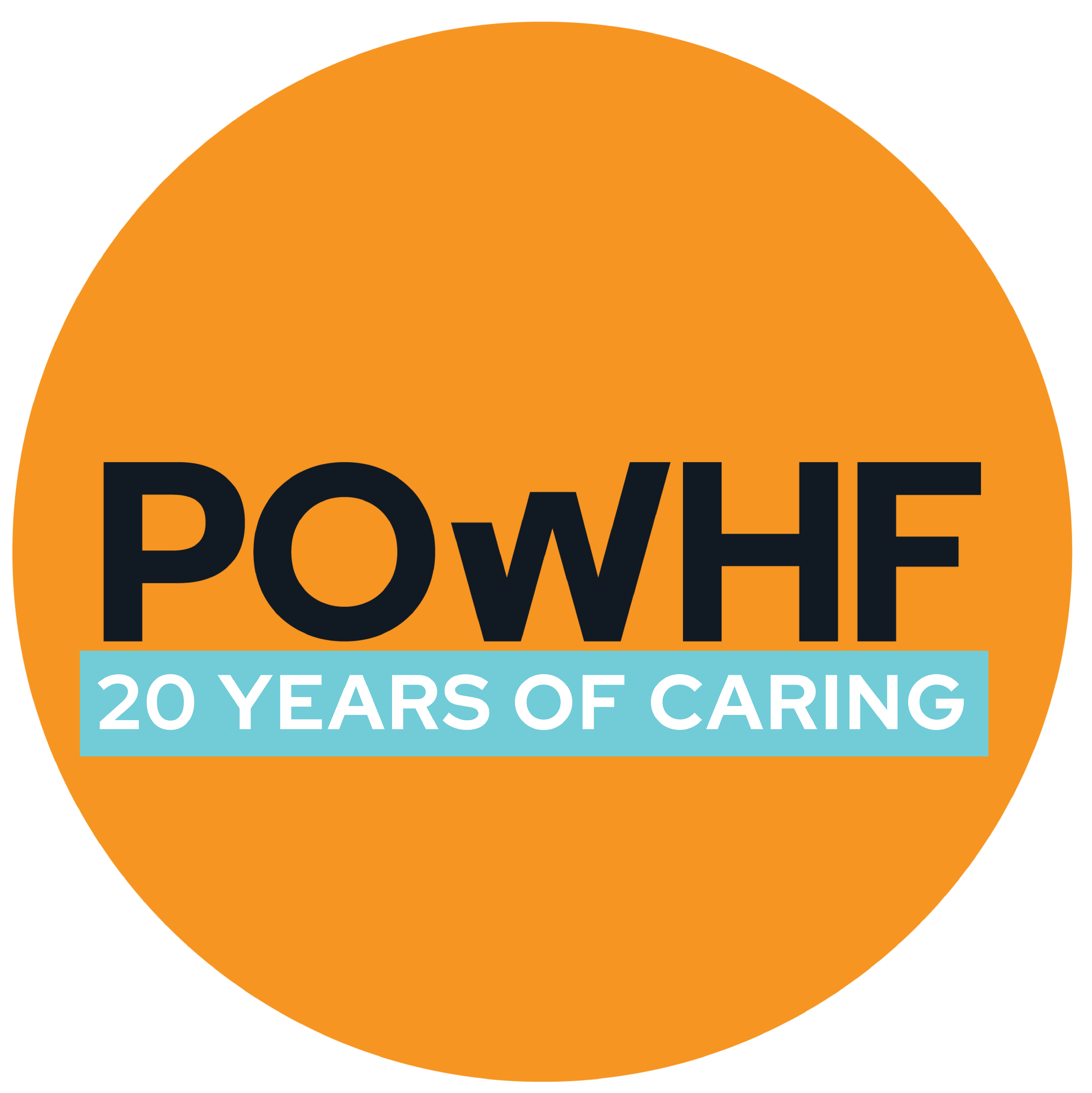We had the honour of interviewing Kayla, who is a clinical psychologist at the Kiloh Centre. We spoke about her role and what her thoughts are on increasing the mental wellbeing of staff at POWH.
Q1: How long have you been working at POWH and what is your official title?
I have been working at Kiloh Centre, Adult Mental Health Inpatient Unit, POWH for just over a year and my official title is Clinical Psychologist.
Q2: What does your day to day look like in your role?
One of the great things about working as an inpatient psychologist is that every day is different. We have morning handovers with a multi-disciplinary team, which include doctors, nurses, psychologists, social workers, occupational therapists and welfare workers. From here, I will meet with patients who have either requested to see a psychologist or who we believe may benefit from psychological input. In my role as an inpatient psychologist I provide psychological therapy, clinical assessments and treatment referrals, depending on the needs of the patient and the service. I also work with patients who have Covid-19 and comorbid mental health difficulties and need to complete their isolation period as an inpatient. To provide additional support for these patients, I have developed a workbook based on Dialectical Behavioural Therapy skills applied to the Covid-19 context. The aim of the workbook is to assist them to cultivate skills in distress tolerance, emotional regulation and mindfulness, to help manage their emotional distress during an understandably challenging situation.
Q3: Do you have a memorable moment with a client that stands out to you?
I have so many memorable moments with patients that it’s hard to choose just one. I always find it really special when someone trusts you with information that they find difficult to share or that they haven’t shared with anyone before. I think it’s important that patients feel safe in the inpatient environment and feel safe to express vulnerability and talk about their experiences authentically. When people leave the inpatient environment having had a positive interaction with a psychologist, it motivates them to continue to engage in psychological support to stay well in the community.
Q4: Do you have an area in psychology that you are especially interested in that you could share some insights/ surprising facts to?
I am in the final stages of completing my PhD at the University of Wollongong. My research area is in parenting with borderline personality disorder (BPD), and I also really enjoy working with patients with personality disorder both in the inpatient setting and the community. Unfortunately, there can be a lot of stigma directed towards people with personality disorder, and I think it’s important that this narrative is shifted. My experience of working with people with BPD is that they are often very resilient and compassionate people, who have learned to adapt in ways that help them to get their needs met.
Q5: If you could recommend one thing to the staff of POWH to increase their mental wellbeing, what would it be?
It has been a challenging few years both globally and locally for those working in public health, and it’s understandable that staff may be experiencing increased levels of burn out. Burn out feeds on feelings of hopelessness and helplessness, which are heavily influenced by internal factors such as staff shortages, and external factors such as the Covid-19 pandemic. Hopelessness and helplessness can lead individuals to feel isolated and lonely, both in their workplace and in their sense of self. To combat this, I believe we need to do the opposite and foster greater connection, and do this in person (rather than through devices) when safe and possible. This can be done through checking in with one another, regular peer supervision and consultation, team meetings and clear channels of communication between those on the front line right up to the executive.


